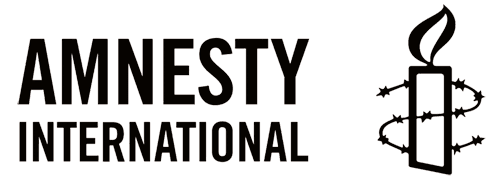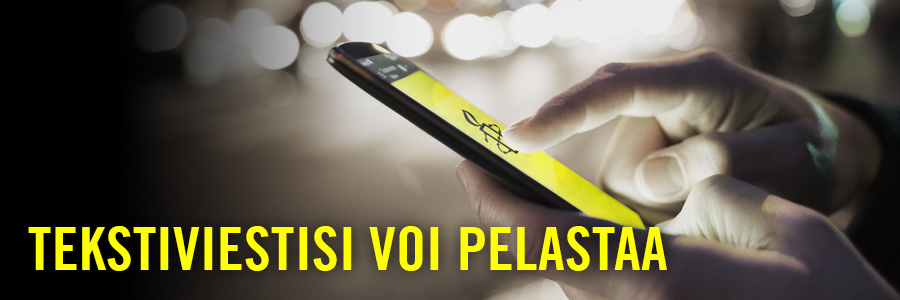Dear President,
I am writing to express grave concern about the 2023 Anti-Homosexuality Bill which entrenches criminalisation of consensual same-sex conduct in Uganda and is in violation of numerous human rights of LGBTI individuals and those defending their rights in Uganda, including the rights to dignity, equality before the law, equal protection by the law, non-discrimination, and freedoms of expression, peaceful assembly and association.
On 21 March, the Ugandan Parliament passed the Bill with 387 out of 389 MPs voting in favour of the Blil, which was then sent to the President to sign. On 21 April, the President sent the Bill back with revisions. On 2 May, Parliament passed an amended version that included the President’s recommendations. The Bill now sits with His Excellency, who has until 31 May to either sign the Bill, veto it or return it once again to Parliament for revisions.
The amended version of the Anti-Homosexuality Bill still imposes a punishment of life imprisonment for same-sex sexual conduct, and up to 10 years imprisonment for attempted same-sex sexual acts. It also imposes the death penalty in cases of “aggravated homosexuality” – a broad term used to describe actions including same-sex acts among people living with HIV- and criminalizes the “promotion of homosexuality” with a 20-year prison sentence. The Bill will have a devastating impact on LGBTI individuals in Uganda, who already face institutional and widespread discrimination, fuelling violence and discrimination against them, as well as reinforcing stigma and gender-based stereotypes negatively affecting LGBTI people. It will also have a chilling effect on freedoms of expression, peaceful assembly and association, as individuals who support LGBTI rights also risk persecution and imprisonment.
I urge you to immediately veto the 2023 Anti-Homosexuality Bill and take steps to protect the human rights of all individuals, regardless of their sexual orientation, gender identity and/or expression. I also urge you to take all necessary steps to condemn discriminatory violence and to take actions to protect LGBTI people and human rights defenders from discriminatory attacks that are fuelled by the discussions around the Bill.
Taustatietoa
The 2023 Anti-Homosexuality Bill is not the first time the Ugandan Parliament has attempted to criminalize homosexuality.
Since the striking-down of Uganda’s Anti-Homosexuality Act in 2014, there have been repeated efforts to proscribe homosexuality. In 2021, Parliament approved the Sexual Offences Bill, which criminalized any “sexual act between persons of the same gender,” as well as anal sex between people of any gender, with a penalty of up to 10 years in prison. In August 2021, President Yoweri Museveni vetoed law, the Sexual Offences Act. In a letter written on 3 August 2021, addressed to Speaker Jacob Oulanyah, the President said the legislation needed to be reviewed to address redundant provisions already in other Ugandan laws.
While the text of the official Bill that awaits Presidential decision has not been made public, details of provisions that have been passed have been disclosed through the parliamentary debate of 21 March 2023. The Bill is one of the most extreme anti-LGBTI laws in the world. Uganda is already among 30 African countries that criminalise same-sex conduct, and this Bill broadens penalties and appears to be the first to outlaw anyone identifying as LGBTI, beyond sexual conduct.
Continued homophobic comments made by the President and other senior state representatives, before, during and after the passage of the Bill, is creating a climate of discrimination against LGBTI people. For example, in August 2022, the NGO Bureau shut down Sexual Minorities Uganda (SMUG) a key LGBTI advocacy group in Uganda, for operating without registering with the NGO Bureau under the NGO Act 2016. On 17 April 2023, a Ugandan court in Jinja, eastern Uganda denied bail to six young peer educators working for healthcare organizations after they were arbitrarily arrested on 8 April 2023 and charged with “forming part of a criminal sexual network.” The Uganda Police Force confirmed that it conducted forced anal exams, and HIV testing on the six.
The Anti-Homosexuality Bill is in violation of Uganda’s obligations under both national and international law, including Chapter 4 of the Constitution of Uganda which protects the rights to equality and non-discrimination, protection of personal liberty, protection from cruel or degrading treatment, and privacy. The Bill further violates provisions of the African Charter on Human and People’s Rights (the African Charter), prohibiting discrimination, cruel or degrading treatment, and prohibition of arbitrary arrests.
The Bill also violates various provisions of the Universal Declaration of Human Rights (UDHR) and International Covenant on Civil and Political Rights (ICCPR). The UDHR protects everyone’s right to express themselves freely, and the right to equality and non-discrimination. Like the African Charter, the UDHR prohibits torture or cruel, inhuman, or degrading treatment or punishment, and protect against arbitrary arrest, detention, and arbitrary interference with a person’s privacy, family, home, or correspondence. The ICCPR has similar provisions in its articles 2, 7, 9 and 17.


